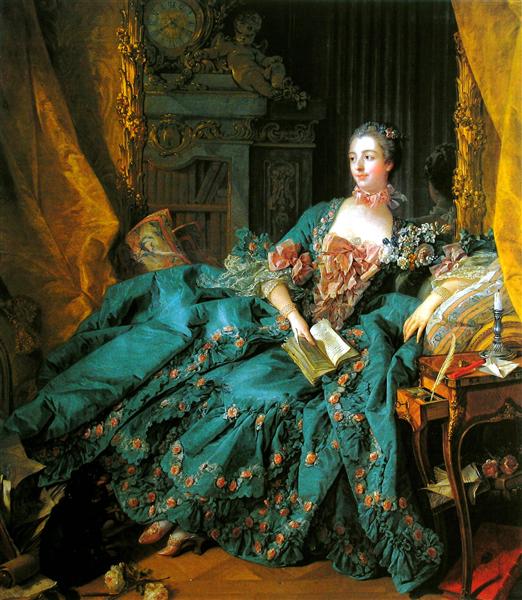Although a man of few words, you loved language. Even after all these years, when I see you in my mind’s eye you are always with a book or the newspaper in one hand with a pencil poised in the other. You would be so still when reading that if I didn’t see your foot shake occasionally, I would think you were the Buddha himself meditating. Sometimes I would pick up a book that you read and simply go through all your highlights and notes because I was lazy, and it also felt like prying into your thoughts.
When I was thirteen you invited me into the magical world of The Hindu crosswords, a daily ritual for you. You showed me how to spot anagrams, when to look for hidden words and when to read a word backwards. Soon I was learning all the masonic codes - AB for the able-bodied men at sea, BA for the bachelor. You will have the first shot before you leave for work at 7:15 a.m. after which I had the paper until I had to leave for school at 8:30 a.m. We both would spend the day spinning some of these clues in our minds, you working with the paper at your office, me coming home for lunch to get a second chance to look at the clues again. I will be on tenterhooks awaiting your return from work especially on those days when I would have almost finished the puzzle. My greatest pride was when you agreed with my answer and would allow me to write with a pen on top of the pencil - firming up the answer - set in stone now.
Work took me to other cities and countries far from home. There was always one constant in my rapidly changing life. You will be at the train station or the airport when I come home for the holidays. I could spot you anywhere, waiting patiently even if the train was delayed by a couple of hours as they often were back then. I knew you would always be there, and the crossword would be there with you. During the pre-internet days we wrote letters as I traveled around the world and saw those sights that you introduced me to, through your books. Our crossword solving became a long-distance sport. Me, on the other side of the world working on the online Hindu a day later than you did and writing out solutions on email.
I was totally unprepared when cancer came calling on you. But you took it in your stride. I would come every few months and stay with you during your chemo. We would still do our crosswords together. Just when they declared you were cancer-free and things were looking up you suffered a relapse. We knew you were heading to a point of no-return. You bore the pain gracefully and asked to be put in a hospice. As the days went by there was only one-way communication between us as you could no longer talk, and you needed a pen and a diary next to you to communicate with the rest of us. You made me promise to not make these frequent long-distance trips every time you took a turn for the worst. Instead, you asked me to make peace, say goodbye and just await the final call - and you specified that it had to be from my brother and he had to confirm that you were indeed gone - and then come to India.
When the inevitable call finally came and I got home, your absence was stark when I noticed the pile of The Hindu with unsolved crosswords. I came home to your writings from the last month of your life - simple instructions to us on what to do with the money, moments of lightness when you saw or heard something funny, asking the nurse at the hospice for the cricket score and your handwritten final letter to me. You were always known for your penmanship, but the last few pages of your diary do not resemble your writing one bit. They reveal the pain you were in and the energy you needed to muster to trace even a single letter.
And a single letter was your final cryptic clue for me - a series of repeated scratches that appear shaped like the alphabet “P” - the first letter of my name. I wasn’t at your bedside to solve it. Remember you made me promise that I would come only after you were gone. Were you calling for me? Apparently not, as that was the first thing that crossed everyone’s mind and you shook your head vigorously to indicate it was not. People, Pain, Positive, Paati … they all called out every word that started with P in both tongues that came to their minds. I heard you gave a sigh and gave up your breath reconciling to the fact that your last clue will never be solved.
“Can any word explain a man’s life?” Citizen Kane, a movie
we watched together many, many years ago, asked us. I never dreamt that you
would leave behind a rosebud for me, a missing piece of a jigsaw puzzle as the
movie called it. It’s been twenty years and I have not picked up The
Hindu since. The P still haunts me sometimes. During the pandemic my
daughter walked in on me staring at The Guardian Quiptic. “I never
knew you did crosswords”, she exclaimed. “Your mom used to be so good at it”
said my husband proudly. “Can you show me how?” I paused. Could
“P” be posterity after all? “A naughty child is an imp,” I began with a
smile.






